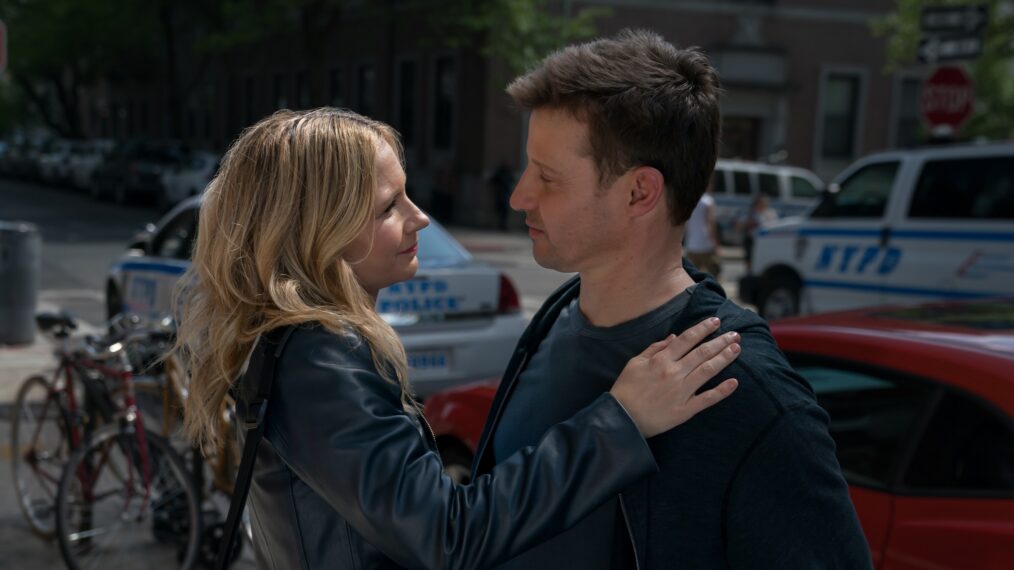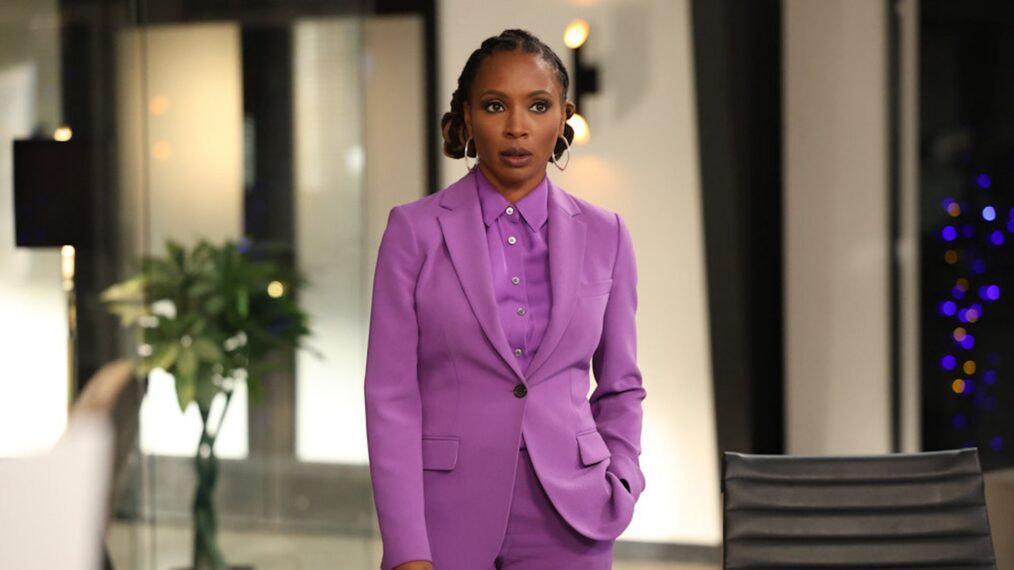Amazon’s Lord of the Rings: Rings of Power Season 02 Continues Middle Earth’s Fall From Grace

If Sauron, the great antagonist of J.R.R. Tolkien’s Lord of the Rings trilogy, could take the form of a weapon capable of unraveling the greatest high-fantasy books of our time, it would be Amazon’s Rings of Power.
Jeff Bezos’ itch to create a Game of Thrones-like alternative on Prime was a great idea on paper. If only it remained that way.
Years prior, Peter Jackson dared to adapt Tolkien’s massive, mythological world, resulting in one of the greatest film adaptations of our time, though it had its flaws.


The Rings of Power is no such thing.
In many ways, it’s not even an adaptation but some distant cousin, inferior and sulking in the darkness — the Gollum of modern-day visual storytelling.
In a sane world, the Rings of Power should follow the path of Eomer, exile from Rohan, but for far better reasons.
The Rings of Power Season 01: The Beginning of the End
“I wish it need not have happened in my time,” said Frodo. “So do I,” said Gandalf, “and so do all who live to see such times. But that is not for them to decide. All we have to decide is what to do with the time that is given us.”
Game of Thrones began with a 9+ million viewer average and ended with nearly 46 million. The Rings of Power began at an 8.9 million viewer average for Prime before falling off the planet.
It was a Coyote moment, chasing the Roadrunner off the side of a cliff and hovering in the air briefly before the plunge.
When the smoke finally cleared out, only 37% who watched the premiere finished the season. The reasons are multifaceted, despite the overwhelming punishment the show took from a fanbase political lens.


Successful shows see a stronger viewership in the season finale than in the premiere. That’s not the case here, and it isn’t even close.
The Rings of Power Season 02: Another Step-Down
Amazon continues to tout its numbers. However, the problem is twofold.
“Well, here at last, dear friends, on the shores of the sea comes the end of our fellowship in Middle-Earth. Go in peace! I will not say: do not weep, for not all tears are an evil.”
J.R.R. Tolkien, The Return of the King
First, Amazon doesn’t define “viewer,” perhaps for obvious reasons. Since Amazon doesn’t reveal how it gauges viewership, there’s no way to conduct a deeper analysis.
Second, both Luminate and Samba, two TV tech companies that offer real-time assessments and viewership analytics, report a mass exodus from the series, an exodus that has not reversed itself.
Season 02 premiered at 50% lower viewership than the Season 01 premiere, while overall viewership of season 02 remains lower, even with an extra day calculated into the overall viewership of the recent season.
Poor Dialogue
To start, the dialogue is terrible throughout. They say that mimicry is the sincerest form of flattery. Maybe that’s true, but it doesn’t pay off where The Rings of Power is concerned.
Remember, Tolkien was a master at linguistics, and the dialogue in The Rings of Power is a pale shadow, grasping at adjectives and adverbs that mean nothing, convey little, and simply fill the void of creative capability.
Galadriel: You have not seen what I have seen.
Elrond: I have seen my share.
Galadriel: You have not seen……..what I have seen.
It’s enough to drive one into a comatose stupor, drooling on the pillow in an unconscious rejection of the world and all that’s in it. It wouldn’t be a surprise to see a return of the Flagellants as a direct result of the dialogue in this series.
Artificial Character Conflicts
Drama is the driving force behind some of the most well-liked shows, but drama for the sake of drama is different.
Everyone argues with everyone. Comradery and friendship be damned in the face of a reason to squabble and bicker.


Galadriel tries to bully everyone and can never figure out why it gets her nowhere.
As a result, she doesn’t drive the narrative — the writers do by setting up cheap and nonsensical plot points that just happen to crop up in the right place, time, and necessity.
The original Lord of the Rings featured rich friendships, heartbreaking betrayals, and long-lasting solidarity (the term “Fellowship” isn’t a part of the title because everyone bickers with one another constantly).
There is no cleverness in the actions of each character. It’s difficult to say that they do anything of their own volition since their choices rarely reflect a character who exists outside of chaotic neutrality. Go here, do this. Why? Who knows?
However, somehow, it magically works to further the plot. Some characters are involved in seemingly aimless subplots, while others have background experiences that are never explained, even when they’re pertinent to the moment.
High fantasy requires a lot of effort to create immersion with the audience.
The premise is so fictional and fantastical that there is no room for error. The constant bickering, blundering, weird, and out-of-place character motivations break that immersion far too often.
Trashing the Source Material


Long before Peter Jackson’s Lord of the Rings and Amazon’s, well, whatever this is, came along, Tolkien commanded a large and faithful audience.
It’s not necessary to satisfy every Tolkien fan, nor is it even possible. But The Rings of Power is so far removed from Tolkien’s vision that it bears no likeness to it. It’s a separate story that may as well be on a separate planet.
It lends a sort of sick arrogance to the showrunners. From sympathetic orcs to awkward alterations of Galadriel’s background, there’s no better way to drive off a dedicated fanbase than pissing all over the lore.
Her mother-name was Nerwen (‘man-maiden’), and she grew to be tall beyond the measure even of the women of the Noldor; she was strong of body, mind, and will, a match for both the loremasters and the athletes of the Eldar in the days of their youth.
– Unfinished Tales, by J.R.R. Tolkien
For whatever reason, The Rings of Power diminishes Galadriel’s immense power and wisdom in favor of an annoyingly bully personality and whacking everything with a sword. It’s a cheap method for implying power while ignoring the far more complicated and powerful Galadriel of lore.


This permeates the entire show, and it’s a wonder there are any remaining Tolkien fans, to one degree or another.
Plot Conveniences
Nothing echos lazy writing better than sudden, highly unlikely conveniences that always push the plot forward. It’s immersion-breaking at its finest.
- An adrift Galadriel happens upon Sauron
- Army of Numenor’s arrival at Bronwyn’s village
- Volcanic formation of Mordor
- Ruined mithril lore
- Sauron’s marking of Finrod
- Everything about the Harfoots
- The creation of mithril (vomit-inducing)
- Elves lack healers except when they don’t
The list goes on and on and on. If minor plot conveniences and quirks are included, compiling a list for each and every episode is possible.


If you’re willing to suspend every modicum of belief and watch The Rings of Power purely for mindless fun, it’s possible to enjoy the show. But The Rings of Power is a barren wasteland for those looking for character-driven storytelling, adherence to the lore, and complex, logical plotlines.
Fantasy for the Sake of Fantasy
If you love The Rings of Power, there’s nothing wrong with that. There are people out there who love satisfaction videos that feature endless compilations of blackhead removals and pimple-popping.
Trying to recreate an existing story set in Middle-Earth is no easy feat. Peter Jackson’s Lord of the Rings trilogy was an exception to the rule, especially considering the massive drop in quality with The Hobbit prequels.
However, The Rings of Power doesn’t even try.
There’s a difference between inept filmmaking and purposeful destruction of the source material. Somehow, showrunners Patrick McKay and J.D. Payne manage to do both with equal enthusiasm.
Even if Amazon’s vague viewership revelations are entirely accurate, it costs $60 million per episode to make. With three seasons remaining, this is turning out to be a massive money pit for Amazon.


It’s a show with no tension (everyone knows how the characters turn out), massive and indeed offensive changes to the source material, some of the worst dialogue on TV today, glaring plot holes, and some of the most absurd plot conveniences ever foisted upon an audience in the history of television.
In short, it’s fantasy for the sake of fantasy — Jeff Bezos’ attempt to bring Game of Thrones to Prime.
Perhaps one day, we will get the Galadriel we deserve and a fitting storyline that covers the Second Age in Tolkien’s world. But The Rings of Power is not that, and it never will be.
Read the original article here






